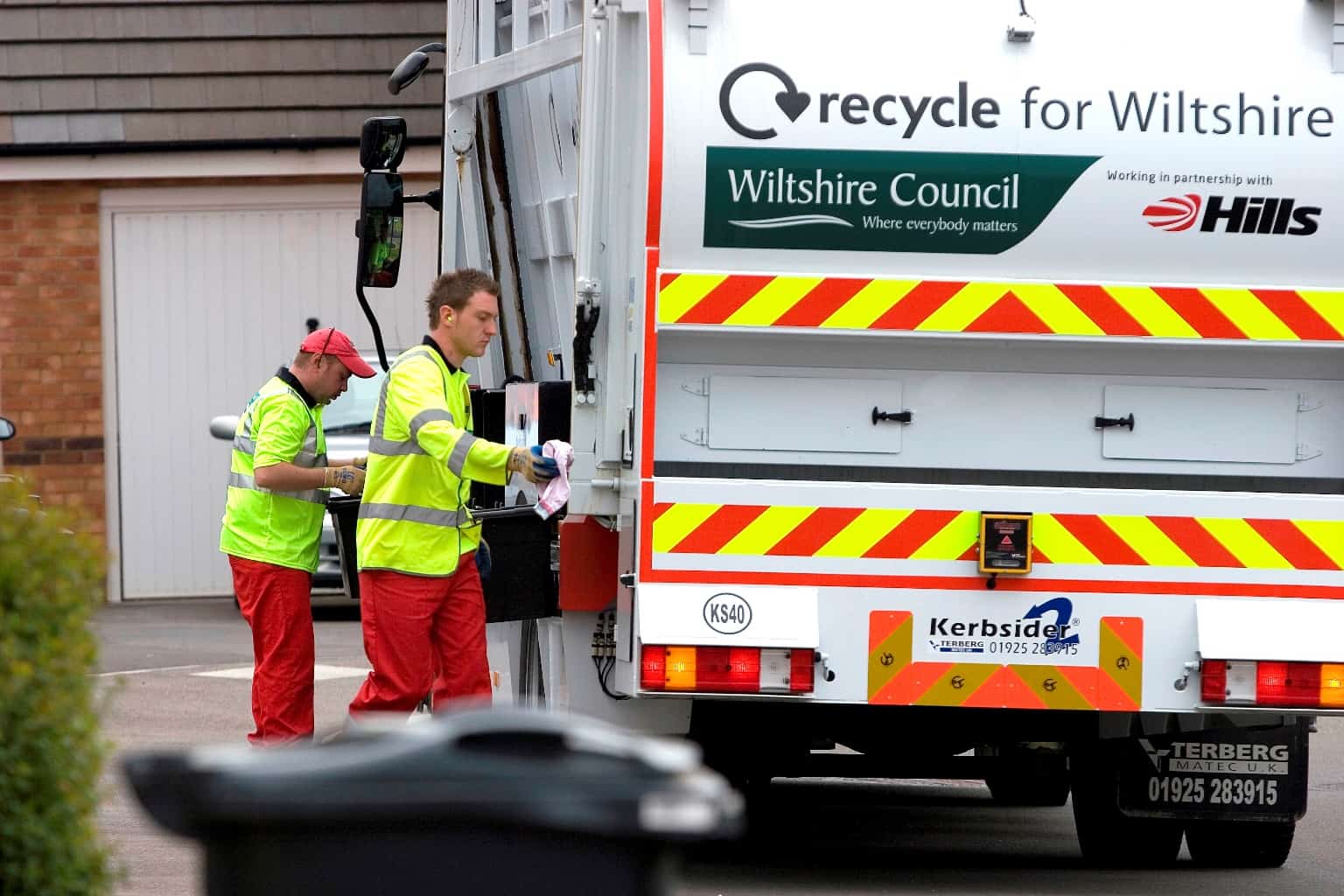A major and potentially controversial change to the regulations governing the sorting of waste for recycling is being proposed, with the removal of the word “economically” from the TEEP requirements.
The TEEP regulations are part of rules around the collection of waste for recycling and are an essential part of Duty of Care and other legislative requirements in the UK. They require separate collections (typically by material), but this doesn’t have to happen if it can be shown that one or more of three factors apply – technically, environmentally and economically practicable – so that there is a valid case for not collecting separately.

TEEP requirements set out how councils must weigh up the different options for collecting recyclables from householders
The European Union notes that TEEP stands for technically, environmentally and economically practicable and Commission guidance on the topic is available – European Commission guidance (paragraphs 4.3.4 and 4.4).
TEEP
The TEEP rules have been poorly enforced in the UK and have caused a considerable amount of angst and confusion within the waste sector and among local authorities.
At the end of last month (January 2019) recycling and resource minister Dr Therese Coffey suggested there would be changes to the TEEP rules, via implementation of the Resources and Waste Strategy (see letsrecycle.com story). She said: “A lot of councils are already required to collect a number of materials, but they can use an exemption called a TEEP exemption and in effect my intention is to remove that excuse not to collect at home what people can and should be recycling.”
While they were introduced originally by the European Union, the Department for Environment, Food and Rural Affairs (Defra) itself stopped short of giving any guidance on the topic and many local authorities researched the matter with the involvement of consultants. However, TEEP is given as a current requirement by Defra in waste legislation.
Sorting
When TEEP was brought in there were fears among some operators of materials recycling facilities that the requirements could lead to more kerbside sorting and collections of separated material, despite investment in sorting technology at MRFs and the belief that commingled collections can lead to higher recycling rates and be more appropriate in some areas.
Now, in the policy change, it looks as though the regulations will become TEP – technically and environmentally practicable – in England and likely in Wales too.

Environment Agency official Pandora Rene told conference delegates last week that ‘Economically’ will be dropped as a requirement from TEEP
The changes to TEEP are expected to be contained within a consultation document on “Consistency in Collections” being published shortly by Defra as part of its suite of consultations over the Resources and Waste Strategy.
Giving details of the TEP proposal, senior Environment Agency official, Pandora Rene, told delegates at last week’s MRF conference in Solihull that “we’re going to take the economic bit out of TEEP.”
Cost
Such a move would seem to imply that, even if it cost more to collect more recyclables separately at the kerbside, Defra would see this as an acceptable option to help meet higher recycling targets unless it was not technically and environmentally practicable. However, under future financing schemes for local authorities, the consultation papers will propose that councils recycling more materials will receive money from a variant of the current PRN producer responsibility system, to help fund more recycling, so extra local authority costs could be paid for by packaging firms, for example.
Positive
Overall, the MRF conference portrayed a positive future role for MRFs with commingled streams to be sorted and the options for MRFs to be flexible on sorting different types of materials such as paper or separating plastics and metal.
- Mrs Rene noted that Defra “was worried about not enough resources being directed at the MRF regulations” and that from 1 April 2019 a change in the Agency’s structure would see new national pan-area teams created to better deliver regulatory work. From 1 April 2019 four non-site-based waste regimes will be delivered by a national model of Pan Area Teams (PATs) reporting to ORS (Operational Regulatory Services). The four regimes are: Producer Responsibility; International Waste Shipments; Separate Collections; and Materials Recycling Facilities.
The post ‘Economically’ could be dropped from TEEP appeared first on letsrecycle.com.
Source: letsrecycle.com Waste Managment


